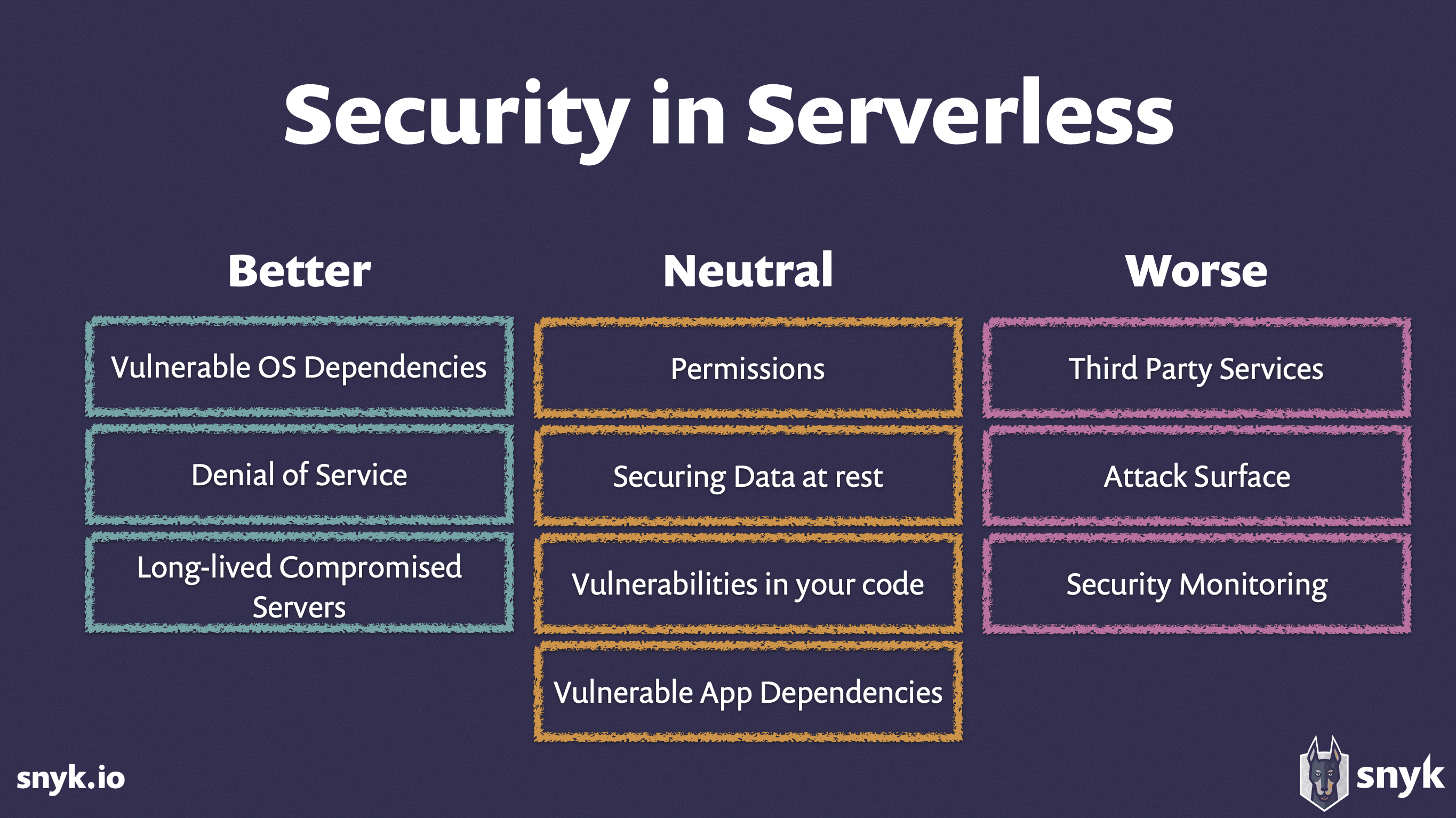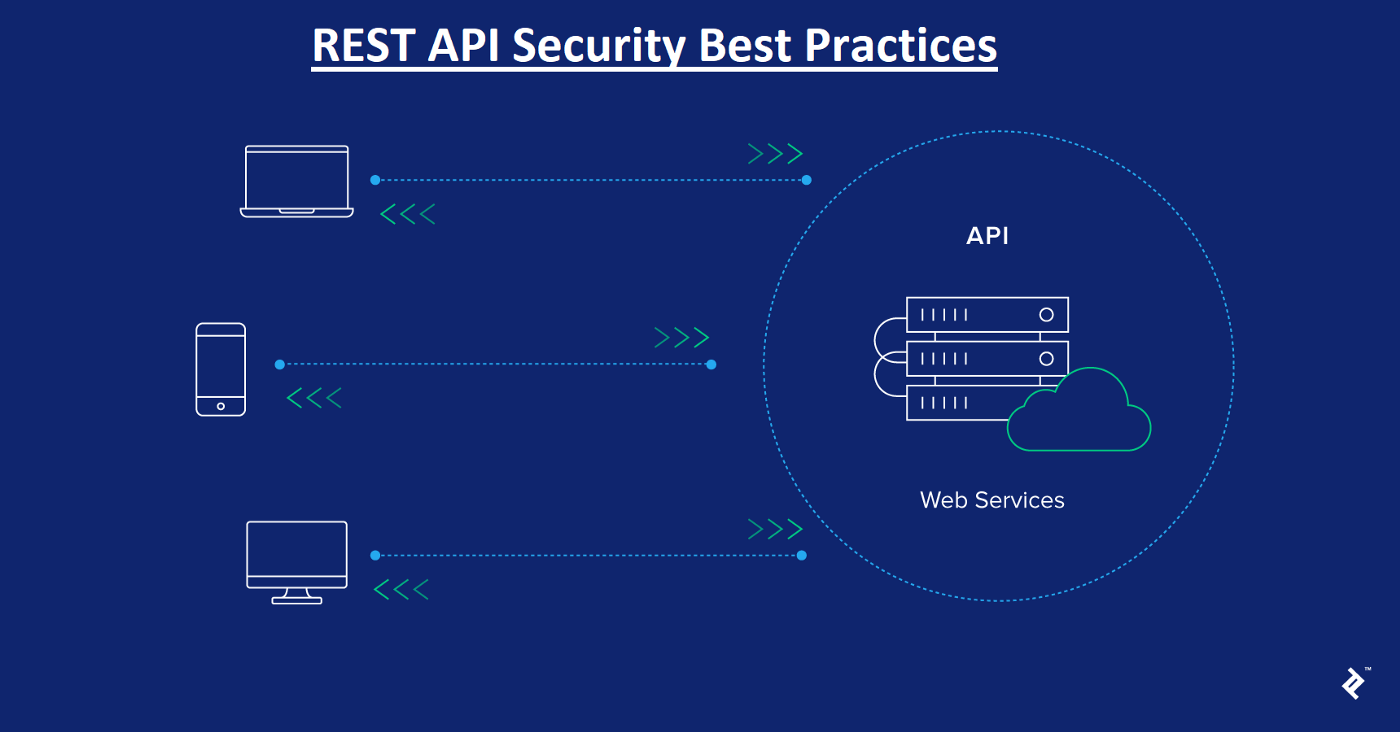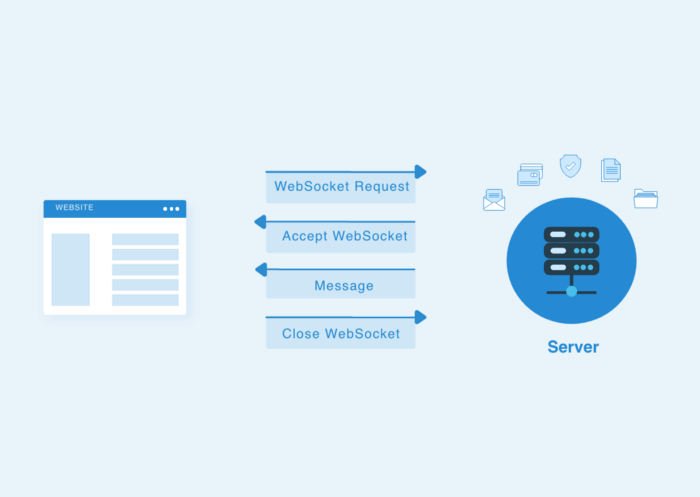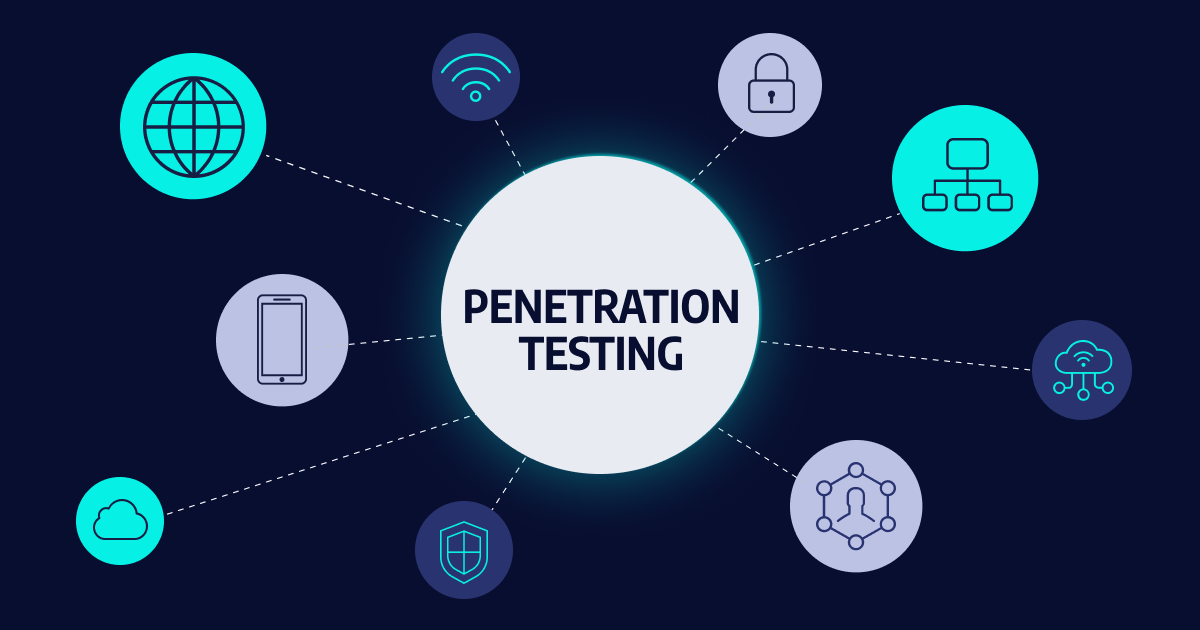
The world has become increasingly digitized, with companies relying on technology to store, process and transmit sensitive information. Digital transformation has brought numerous benefits to businesses, but it has also made them more vulnerable to cyberattacks. Cybersecurity has become a top priority for companies of all sizes, as the cost of data breaches can be astronomical, both in terms of financial losses and reputational damage. In this article, we will explore the importance of cybersecurity in the age of digital transformation, and the measures companies can take to protect themselves.
The rise of digital transformation has resulted in businesses storing and transmitting sensitive data through various digital platforms, from cloud storage to social media. This shift has made businesses more vulnerable to cyberattacks, and data breaches have become increasingly common. Cybercriminals are constantly finding new ways to exploit vulnerabilities in companies' digital infrastructures, and businesses must be vigilant in protecting themselves.
The cost of a data breach can be significant, both in terms of financial losses and damage to a company's reputation. According to a study by IBM, the average cost of a data breach in the United States is $8.19 million, with an average cost of $242 per lost or stolen record. This highlights the importance of taking cybersecurity seriously, as the cost of a breach can be astronomical.
To ensure that businesses are adequately protected, there are a number of measures that they can take. One of the most important steps is to develop a cybersecurity strategy that covers all aspects of the business. This strategy should include policies and procedures that govern the use of digital platforms, as well as guidelines for responding to potential cyberattacks. Companies should also ensure that their employees are trained in cybersecurity best practices, as human error is often a contributing factor in cyberattacks.
Another important measure is to ensure that all software and hardware are up to date with the latest security patches. Cybercriminals often exploit vulnerabilities in older software and hardware, and keeping everything up to date can help to prevent potential breaches. Companies should also consider implementing multi-factor authentication for all accounts, as this provides an additional layer of security.
Regularly conducting cybersecurity audits is also important, as it allows companies to identify potential vulnerabilities and address them before they can be exploited. These audits should be conducted by a third-party cybersecurity firm to ensure that they are thorough and impartial
In addition to these measures, companies should also consider investing in cybersecurity insurance. This can help to offset the cost of a data breach and provide additional support in the event of an attack. It is also important to have a plan in place for responding to a data breach, as a quick and effective response can help to mitigate the damage.
In conclusion, cybersecurity has become increasingly important in the age of digital transformation. Businesses must be vigilant in protecting themselves against cyberattacks, as the cost of a breach can be significant. By developing a comprehensive cybersecurity strategy, ensuring that all software and hardware are up to date, regularly conducting cybersecurity audits, and investing in cybersecurity insurance, businesses can help to protect themselves from potential cyberattacks. It is important for businesses to take cybersecurity seriously and make it a top priority in order to safeguard their data and protect their reputation.
Conclusion
In conclusion, cybersecurity has become an essential aspect of modern digital transformation. With the rapid growth of digital technologies, cyber threats have also evolved and become more sophisticated. Businesses must prioritize cybersecurity measures to protect their sensitive data, assets, and reputation. A robust cybersecurity strategy involves a combination of technology, policies, and employee awareness. By implementing best practices such as conducting regular risk assessments, investing in security tools, and providing cybersecurity training, businesses can significantly reduce their risk of cyber attacks. It is crucial for organizations to stay vigilant and adapt to the constantly changing threat landscape to ensure their digital transformation journey is safe and secure.





